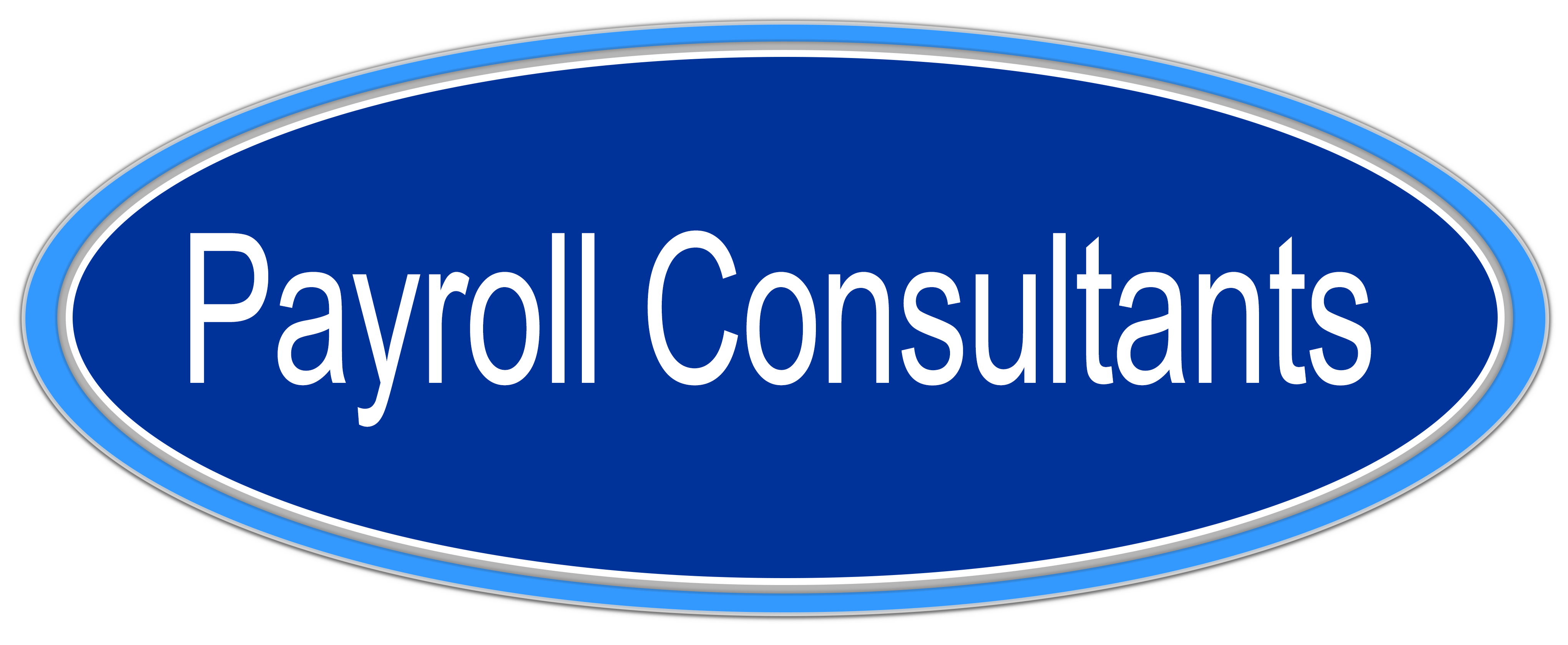Payroll and taxes are essential components of running a business, and understanding their benefits is crucial for smooth operations. Efficient payroll management and accurate tax compliance offer several advantages. First, managing payroll effectively ensures that employees are paid accurately and on time, which boosts employee morale and satisfaction. Additionally, proper payroll management reduces the risk of errors, such as underpayments or miscalculations, which can lead to legal issues or employee dissatisfaction.
On the other hand, staying on top of tax obligations helps businesses avoid penalties and fines while maintaining compliance with local, state, and federal tax laws. By properly managing payroll and taxes, businesses can maintain financial transparency, build trust with employees, and focus on their core operations without the worry of potential legal or financial consequences.

Our benefits
Our solutions provide quick, simple, payroll & tax services, that saves you time.
- Employee Satisfaction
- Compliance with Employment Laws
- Accurate Financial Reporting
- Professionalism and Reputation
Ready to get started? Speak with an expert to get a FREE quote today!
Frequently Asked Questions
How do I calculate payroll taxes for my employees? Payroll taxes typically include federal income tax, Social Security tax, Medicare tax, and possibly state income tax. You can calculate these taxes by using the IRS guidelines and relevant state tax laws, or by using payroll software that automates the process.
What are the deadlines for filing payroll taxes? Deadlines for filing payroll taxes vary depending on the type of tax and the frequency of your payroll schedule. Generally, federal payroll tax deposits are due either semi-weekly or monthly, while quarterly and annual filings are required for federal and state payroll tax returns.
Do I need to withhold state and federal taxes from my employees’ paychecks? Yes, as an employer, you are generally required to withhold federal income tax, Social Security tax, and Medicare tax from your employees’ paychecks. Additionally, state income tax withholding may be required depending on the laws in your state.
What payroll deductions am I required to make, and how do I handle them? Payroll deductions may include federal and state income tax withholdings, Social Security and Medicare taxes, as well as any voluntary deductions such as retirement contributions or health insurance premiums. You must accurately calculate and withhold these amounts from your employees’ pay and remit them to the appropriate tax authorities.
What are the consequences of late or incorrect payroll tax filings? Late or incorrect payroll tax filings can result in penalties and interest charges from tax authorities. These penalties can accumulate over time and significantly increase the amount you owe. It’s important to file payroll taxes accurately and on time to avoid these consequences.
Are there any tax credits or incentives available to small businesses related to payroll? Yes, there are various tax credits and incentives available to small businesses related to payroll, such as the Work Opportunity Tax Credit (WOTC) for hiring certain targeted groups of individuals, the Employee Retention Credit (ERC), and credits for employer-paid family and medical leave. It’s essential to research and take advantage of these opportunities to minimize your tax liability.
